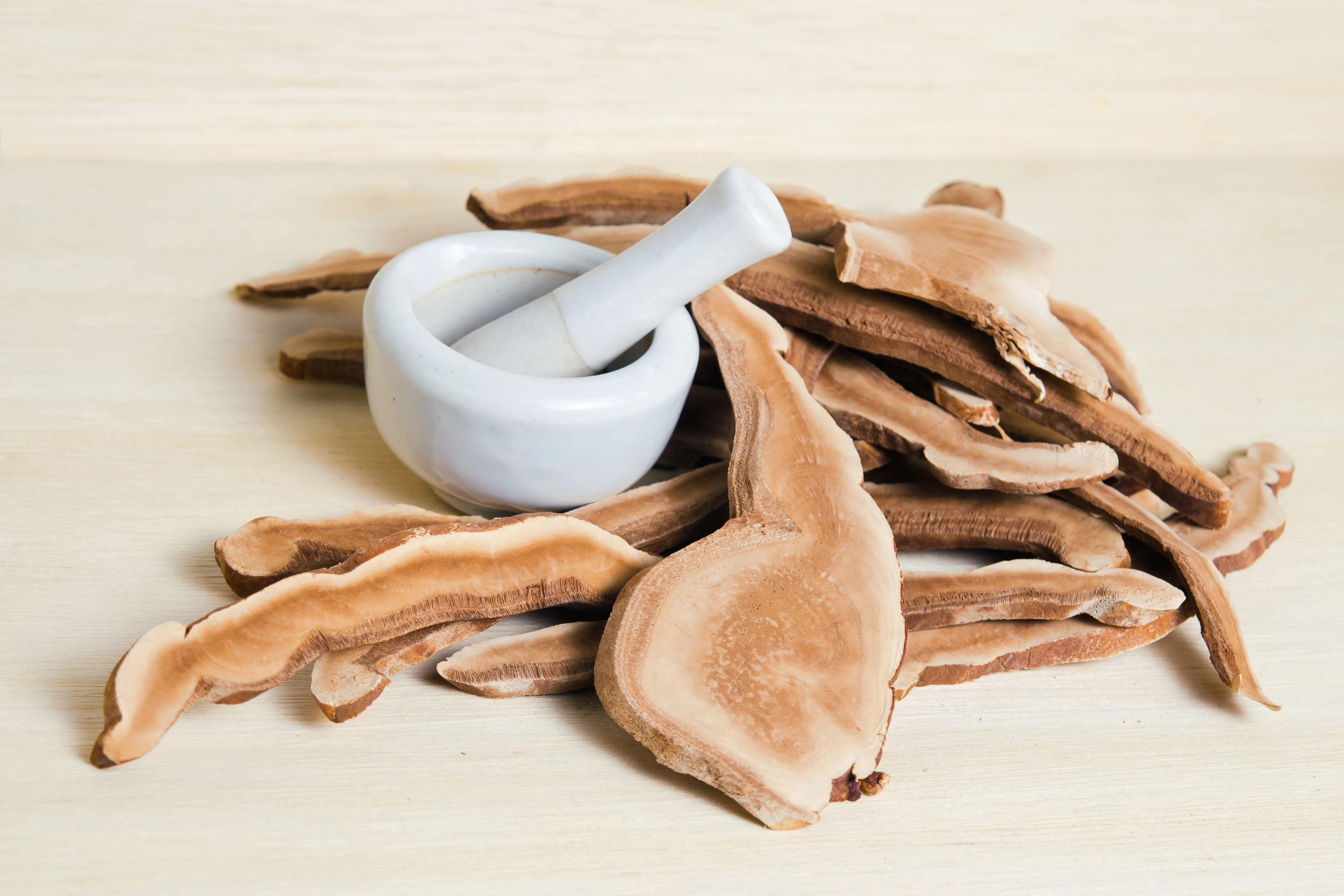News & Articles

TCM for Cancer Treatment: Use with Care

TCM: Use with care
Traditional Chinese medicine can be a powerful adjuvant medicine. However, it should be taken in consultation with your oncologist and with care.
It is not uncommon to hear of herbal interactions with chemotherapy causing a drop in white blood cell counts, liver problems or kidney failure for cancer patients. Nonetheless, there are also stories where herbs proved to be useful.
Traditional herbs hold a long and proven history, which might be why more than half of Singapore’s cancer patients are still using complementary and alternative medicine (CAM).
However, 46 per cent of cancer patients who take CAM do not inform their oncologist and 63 per cent do not verify the source of information. Such practices are dangerous as herbal components may react with radiotherapy or chemotherapy to adversely affect the cancer patient’s health.
This can be further complicated by the complexity of TCM prescription which typically includes 15 to 20 herbs to treat the various cancer-causing factors such as dysfunctional organs, phlegm reduction and the Qi rejuvenation in the body based on the Chinese Physician’s diagnosis.
Dr Foo Kian Fong, a senior consultant at Parkway Cancer Centre, spoke about some commonly used herbs and their possible side effects at the CanHOPE Survivors Retreat 2016. The most important rule, he stressed, is to keep your oncologist informed of any CAM that you might be taking to enable proper management.
Written by Chua Hwee Leng
Know your herbs
Herbs with anti-cancer properties
Some herbs with anti-cancer properties like Oldenlandia (白花蛇舌草) or Ban Zhi Lian (半枝莲) can cause a drop in white blood cells. When taken during chemotherapy, it can be a double whammy. Hence, it is best to consume such herbs only after chemotherapy ends.
Lingzhi
Research shows that Lingzhi (灵芝) can improve a patient’s immunity and helps fight fatigue. However, clinical observations have shown that 25 per cent of patients who take Lingzhi while on chemotherapy exhibit liver problems. Hence, the herb should be taken with care.
Herbs that contain hormones
Patients who have breast cancer that are hormone-receptive positive, i.e. ER- or PR-positive should avoid consuming herbs that contain phytoestrogens. These herbs include:
- Lingzhi
- Ginseng (人參)
- Dang Shen (党参)
- Angelica (当归)
- Huai Shan (Wild yam, 淮山)
- Yin Yang Huo (epimedium, 淫羊藿)
- DHEA and Black cohosh (黑升麻提取物).
Consuming such herbs when your cancer is hormone-receptive may worsen your condition.
Ginseng
The anti-oxidant property of Ginseng can cause the treatment of patients undergoing radiotherapy to become less effective.
Cordyceps
Recent experiments in cancer cell lines showed that cordyceps (冬虫夏草) has four active sub-fractions which have anti-oxidant and anti-cancer activity. Although no substantial human studies have been done, there were no major interactions reported.
Huang Qi
A meta-analysis published in 2006 showed the addition of Huang Qi (黄芪) increases the effectiveness of platinum-based chemotherapy for advanced lung cancer. The herb also known as Chinese Astragalus or Bei Qi, is suitable for patients with low white blood cell counts. It is found to increase the immunity in gastric cancer patients and also decrease nausea and vomiting in patients on chemotherapy. It also appears able to reduce the side effect of a breast cancer drug, cyclophosphamide without affecting efficacy.
| POSTED IN | Traditional Chinese Medicine and Cancer |
| TAGS | anti-cancer herbs, common side effects of cancer treatment, complementary & alternative medicine, TCM cancer treatment |
| PUBLISHED | 02 March 2017 |
